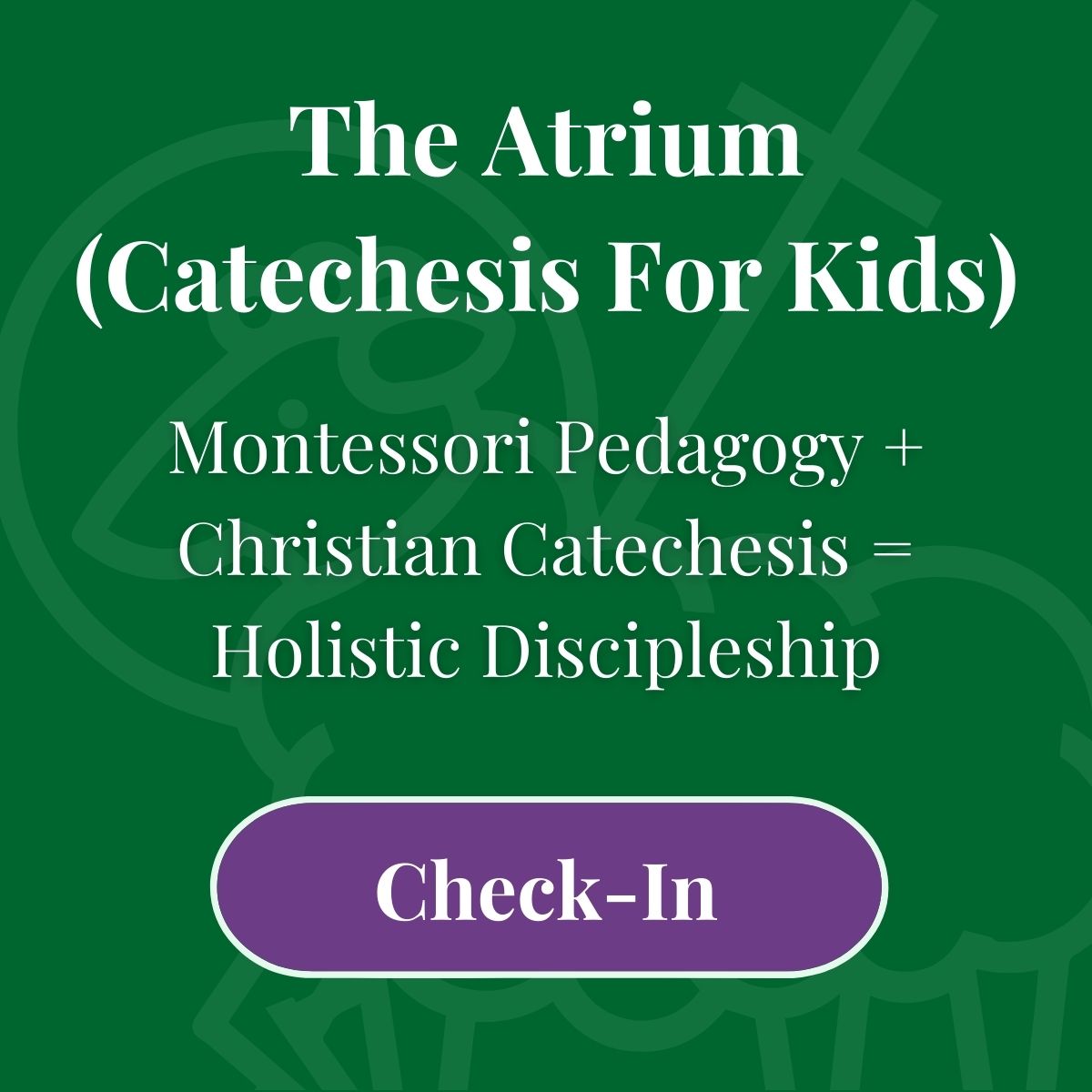Welcome To All Saints
Whether you are visiting, new to the community, or searching for a church home, you will find All Saints to be an engaging congregation that loves to worship God in the Anglican tradition. We invite you to join us as we meet with our Lord Jesus in Word, Sacrament, and transcendent Worship. (Our rector, Father Isaac Rehberg)
The Anglican Way
Ancient Faith
We hold to the same faith, practice, and doctrine that nourished the earliest Christians.
Transcendent Worship
We worship according to the ancient rhythms and liturgical patterns of the historic Church.
Classical Formation
We form disciples holistically in community through practice of timeless spiritual disciplines.
Join Us As We Worship Our King
Worship Schedule
11122 Link Drive, San Antonio, TX 78213
Sunday
Holy Communion ✝ 9:00 AM
The Atrium (Kids) ✝ 9:00 AM
Adult Catechesis ✝ 10:30 AM
Holy Communion (Choral) ✝ 11:15 AM
Wednesday
The Atrium (Kids) ✝ 9:15 AM
Matins (Morning Prayer) ✝ 9:30 AM
Evensong (Evening Prayer) ✝ 6:00 PM

Click for more info







Preparation by the Church - A Homily for the 3rd Sunday in Advent
Texts: 1 Corinthians 4:1-5, Matthew 11:2-11
(With indebtedness to the lectionary scholarship of Melville Scott for the title)
(With indebtedness to the lectionary scholarship of Melville Scott for the title)
From the 11:15 Service on 12/14/2025
The Old Testament Wisdom Literature: Lesson 2.2 - David, the Messiah, and God’s People
We begin to dig into the Psalms with a discussion on Psalms 1 and 2. We talk about the Blessed Man, the Raging of the Nations, and God’s King.
From Christian Education on 12/07/2025

Preparation by the Word: A Homily for the 2nd Sunday in Advent
Texts: Romans 15:4-13, Luke 21:25-33
With many thanks to the turn-of-the-20th-century lectionary work of Melville Scott
With many thanks to the turn-of-the-20th-century lectionary work of Melville Scott
From the 11:15 Service on 12/07/2025

The Old Testament Wisdom Literature
A Discussion of the Books of Job, Psalms, Proverbs, Ecclesiastes, and Song of Songs
Our Current Christian Education Series
The Sending Parish
An Interview about All Saints and our Daughter Church, St. Benedict Anglican Church
From our Diocesan Podcast, "Together on Mission"
Connect
11122 Link Drive
San Antonio, TX 78213
210-975-3234
Explore
Find
Copyright © 2025 | Powered by  churchtrac
churchtrac


